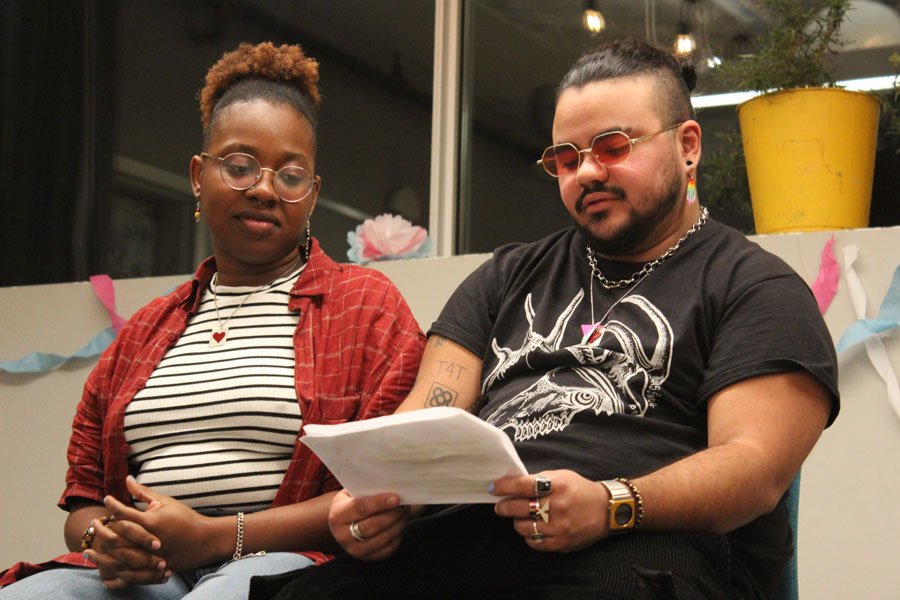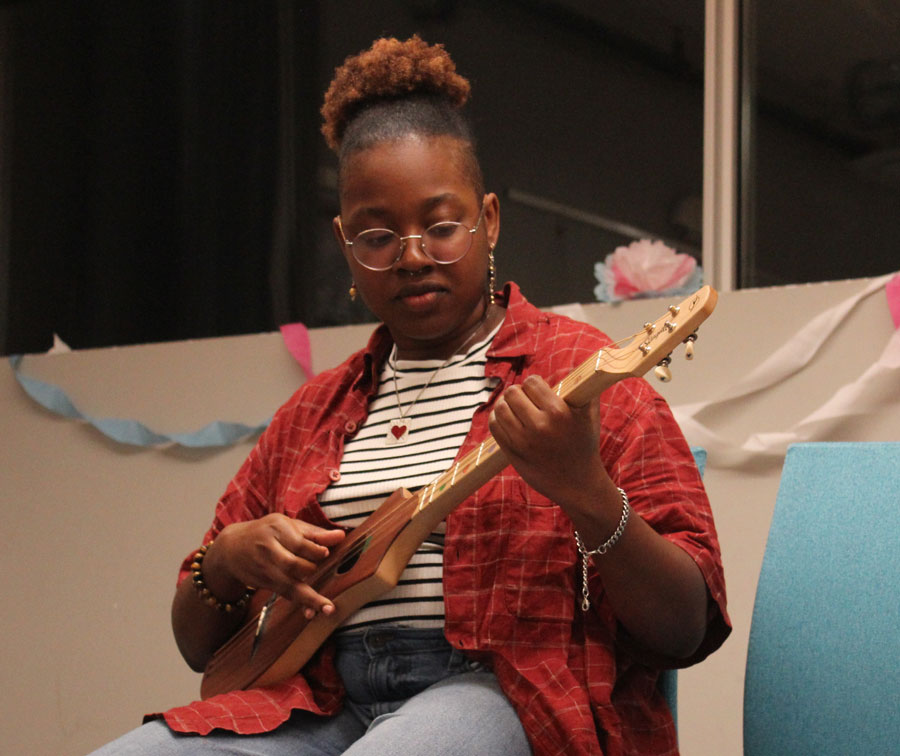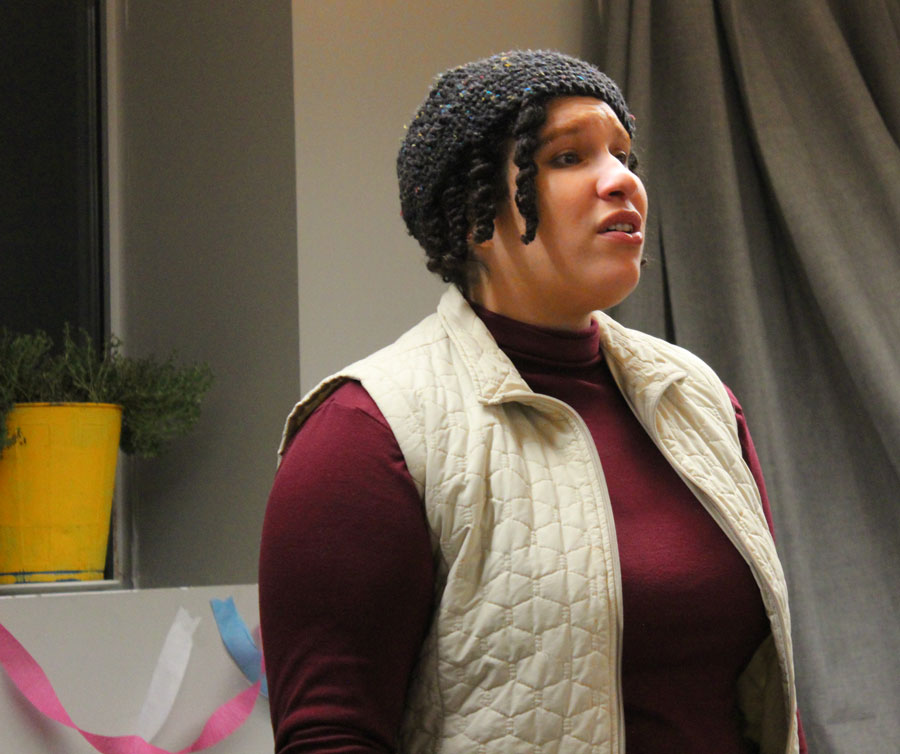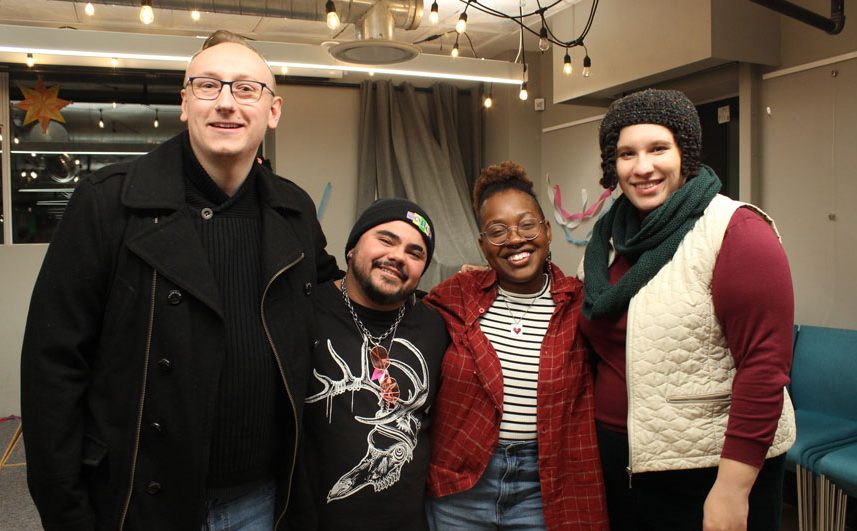GUELPH – Transphobic violence poses a serious threat to trans and gender diverse people across the world.
Every year on Nov. 20 people come together for Transgender Day of Remembrance; honouring trans people who were murdered within the last year.
According to Transgender Europe’s annual update of its Trans Murder Monitoring research project, 321 trans and gender-diverse people were reported murdered between Oct. 1, 2022 and Sept. 30, 2023.
Of those 321 people, 94 per cent were trans women or femmes and 80% were Black, brown or racialized.
More than a quarter of the murders took place within the victim’s home, and another 28% happened on the street.
“We all have a right to feel safe in our homes, on our streets, and in our communities,” states minister for women and gender equality and youth Marci Ien.
In Canada, 70% of trans youth reported experiencing sexual harassment or violence, according to the Canadian Trans Youth Health Survey.
Ien said the impact of transphobic violence on mental health “cannot be ignored.
“Transgender and non-binary youth are more than twice as likely to have thought of self-harm in their lifetime compared to those who are cisgender.”
Guelph vigils
There were two Transgender Day of Remembrance gatherings in Guelph; one hosted by Guelph Queer Equality and Out on the Shelf, and one hosted by the Church of the Apostles.
Guelph Queer Equality, a group for queer and trans students at the University of Guelph, organizes an annual Transgender Day of Remembrance vigil held at 10C Shared Space.
This year about 40 people gathered on the fourth floor of the community hub.

Earth, left, and Cristobal read a poem about Trans Day of Remembrance during Guelph Queer Equality’s vigil.
The vigil began with volunteers taking time to read out the names of trans and gender-diverse people who were murdered within the last year.
The volunteers spent almost 20 minutes reading 392 names.
In some cases, the name and age of the murdered person was unknown, and only their country of death was shared.
There was solemn quiet, with many attendees leaning on one another for comfort as they honoured each of the victims.
Once each name was read the group shared a moment of reflective silence.
‘Who we are is valid’
University of Guelph professor Adam Davies was invited to the stage to speak about what Transgender Day of Remembrance means to them.
Davies said “there are some things that should be questioned, and there are some things that shouldn’t be questioned” – and trans people’s existence is not a question.
“Who we are is valid, and we are here, in community,” they said.
Davies said while remembrance is important, its “frankly not enough.”
They said people need to move beyond remembrance and hold institutions accountable for perpetuating transphobia.
Dreams of better future
The next speaker was Cristobal, who opened with “I dream of the day that all my sisters and siblings are safe.
“I dream of the day that our humanity is no longer questioned.”
Cristobal said he doesn’t know how to hold so much grief at once, and that without family, he doesn’t know how he would keep moving forward.
“I’m so grateful to have a trans partner, trans besties, and trans community,” they said.
It’s essential for trans people to keep showing up for each other, Cristobal said, and he invited attendees to “come and hold our hands and our hearts while we create a world” where trans people are safe and accepted.
“I love you, I will fight for you, I will rise for you as I know you will and have for me,” Cristobal concluded.

Earth played ukulele and performed poetry during the Transgender Day of Remembrance vigil.
Poetry and ballads
On stage next was Earth, who shared poems about grief, queer love, and power as well as instrumental songs on ukulele.
Earth led the room in a breathing exercise to help release the tension and heavy feelings that amassed while listening to the names of recently murdered trans and gender-diverse people.
Then they invited Cristobal up to read a poem about Trans Day of Remembrance together.
The final performer was Davrielle, who shared two moving ballads. Initially, the audience listened in awe to Davrielle’s impressive voice.
But when zey began to sing Harold Arlen’s Over the Rainbow, a ballad zey described as “very trans,” many attendees joined in and passionately sang along.
At the end of the evening, while volunteers took down the decorations and packed away chairs, someone sat down at the piano in the corner.
They played a song by Queen, and many of the remaining attendees gathered around the pianist to sing together.

Davrielle’s set included a ballad zey said was “very trans” – Over the Rainbow by Harold Arlen.




